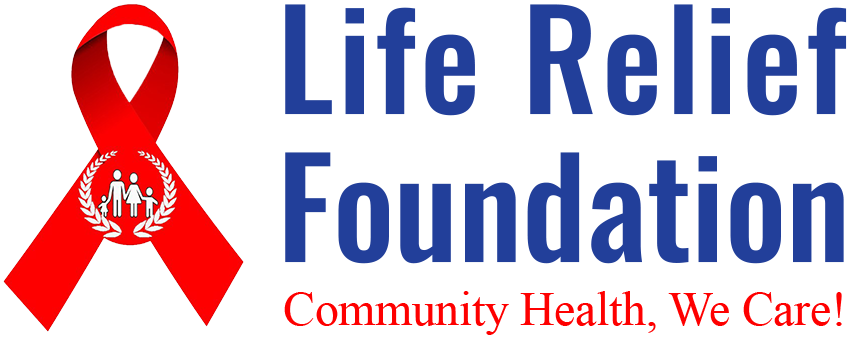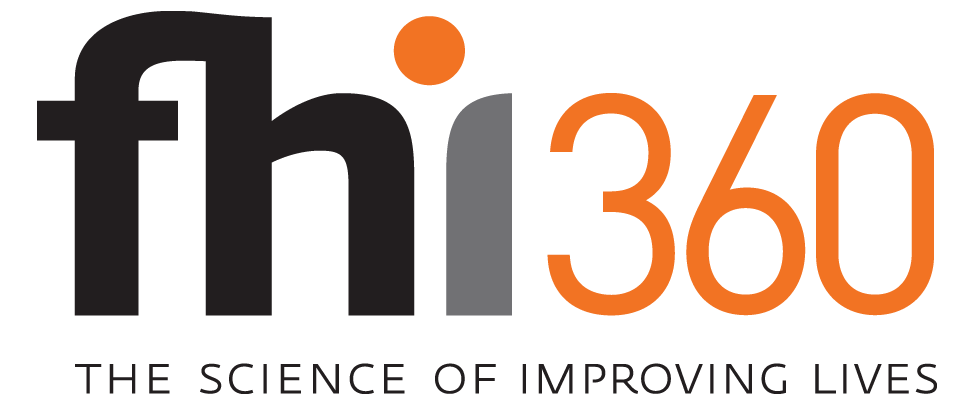LRF in partnership with USAID GHANA SHARPER is providing services that will help identify new
HIV/AIDS patients through collaboration with traditional healers and prayer camps.
Community outreaches conducted by LRF at the healing centres and prayer camps revealed that even
though the USAID GHANA SHARPER project has trained and sensitized traditional healers
on rapid referrals of seriously sick patients to the hospital, most of them believe in first
addressing spiritual conditions attached to diseases.
Given this, LRF strengthened
collaboration
with the traditional healers and spiritual camps and the trained peer educators. Model of Hope
also visited their camps to assist with HIV education, testing and counselling and referred five
(5) PLHIVs for management.
During the period under review, a total number of four hundred and eighty-three (483) new PLHIVs
were reached through monthly support group meetings, peer educators outreach activities, models
of hope activities at the ART centres and wellness centre activities.
The total figure is made up of three hundred and sixty-one (361) males and one hundred and
twenty-two (122) females. During the period, two hundred and sixty-seven (267) PLHIVs were
educated on gender norms, and gender-based violence at the PLHIV support groups.
The total number of condoms sold or distributed during implementation was eight thousand five
hundred sixty-eight (8568) male condoms, and three hundred and forty (340) lubricants to support
project implementation.





